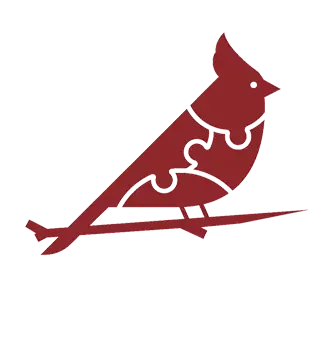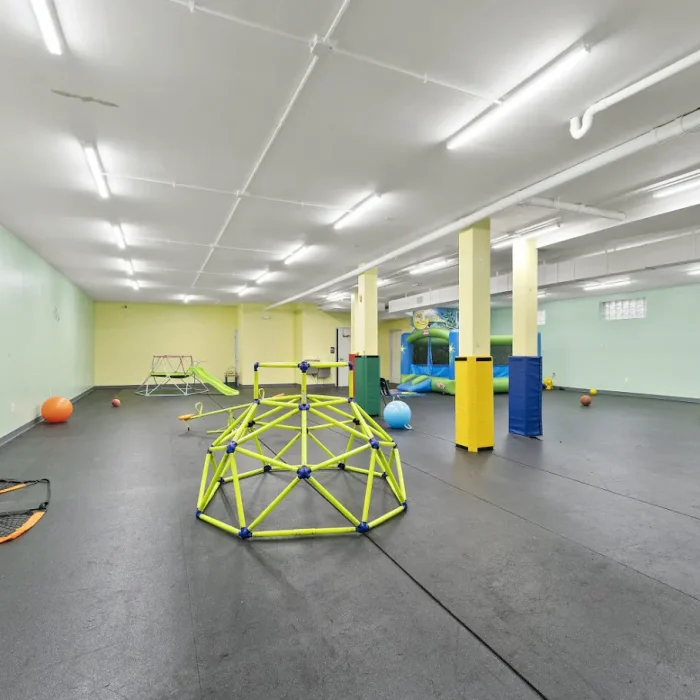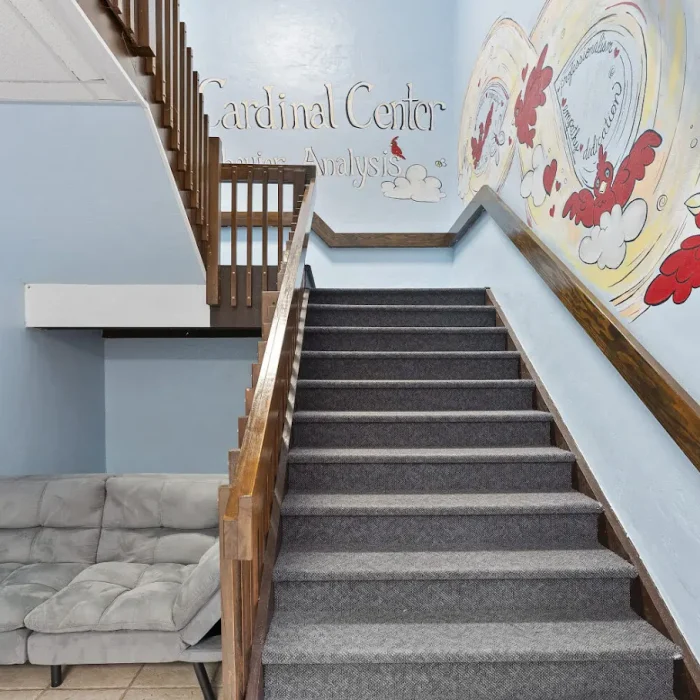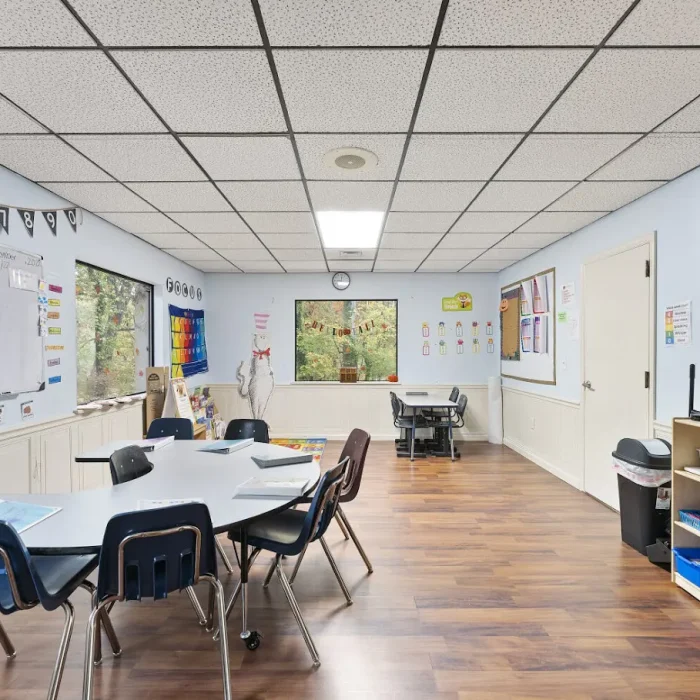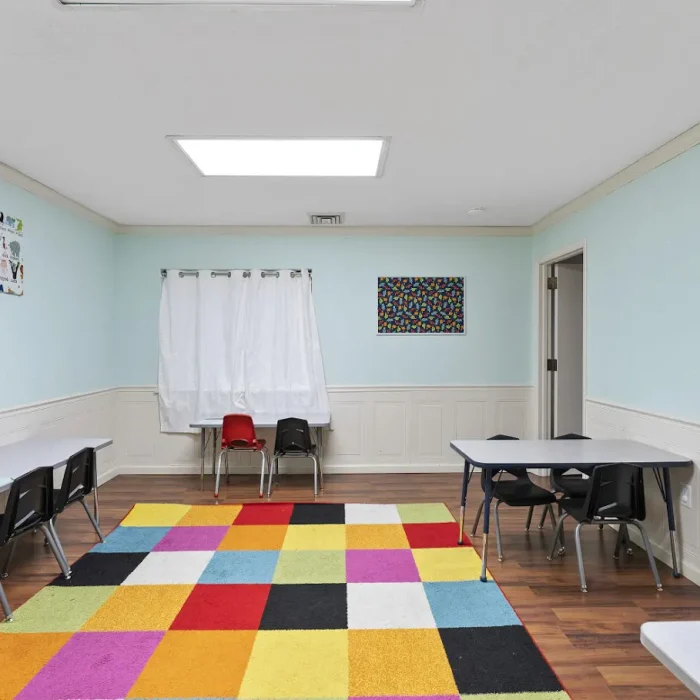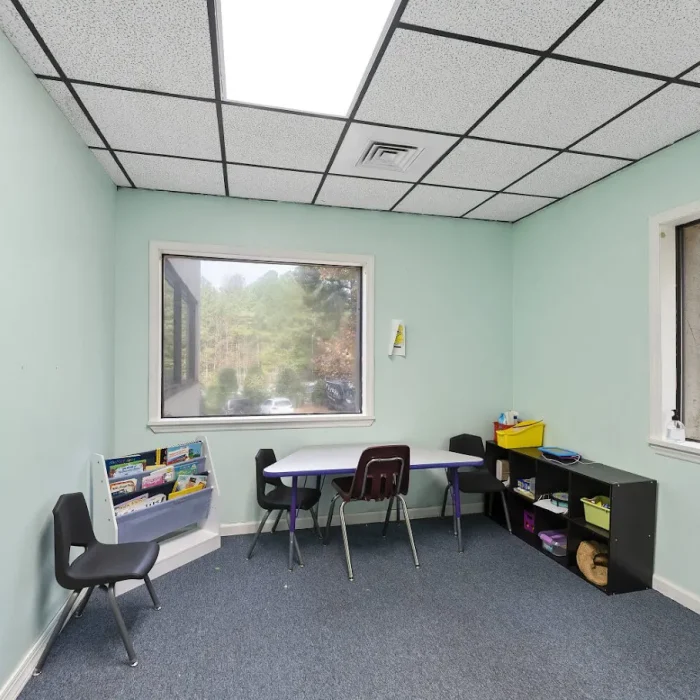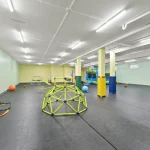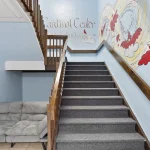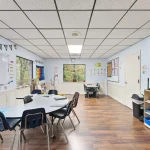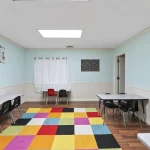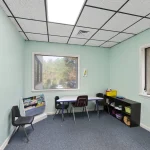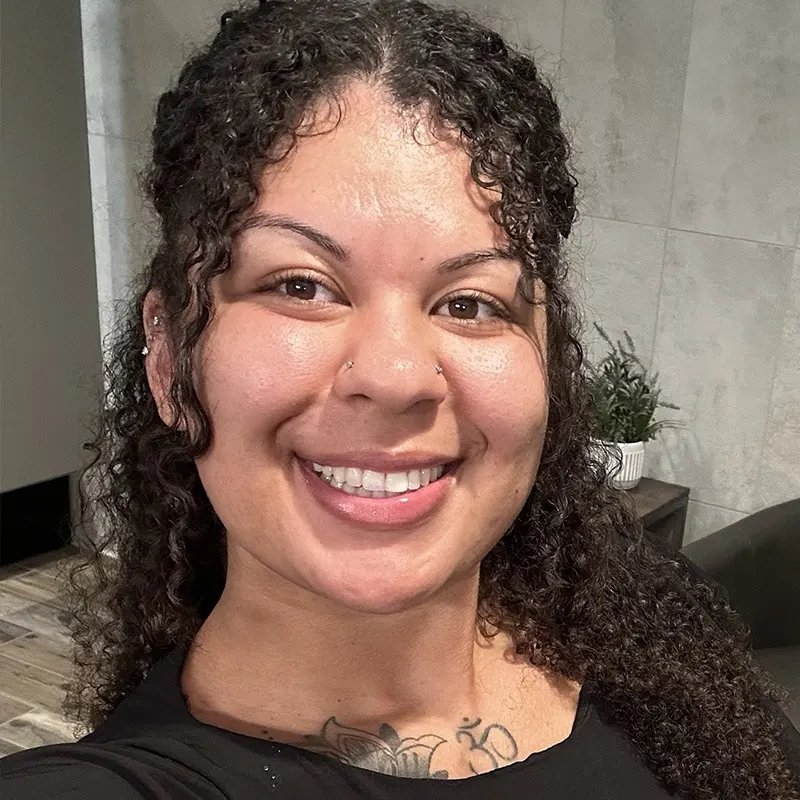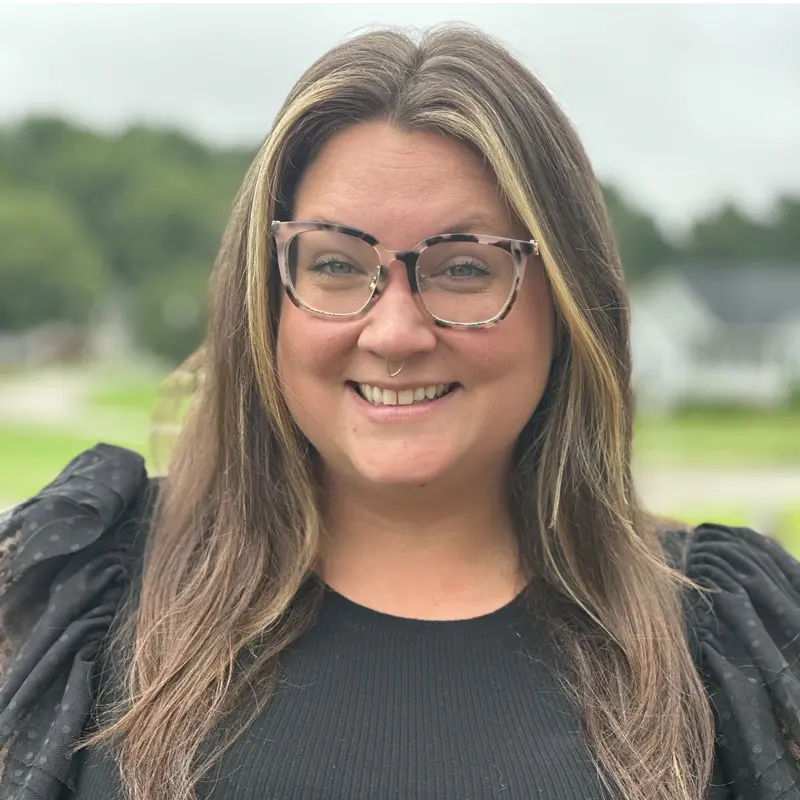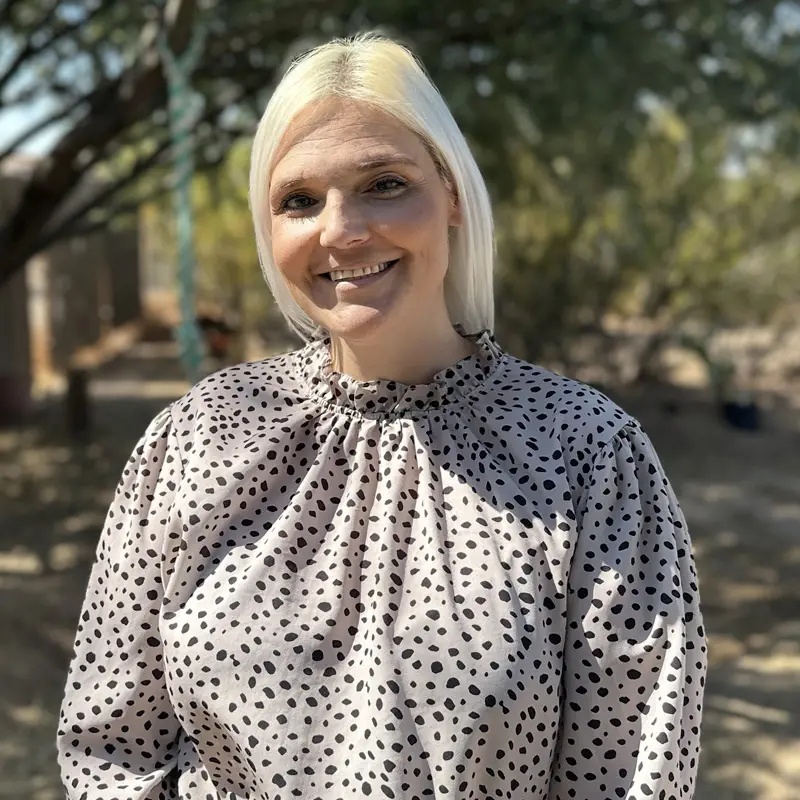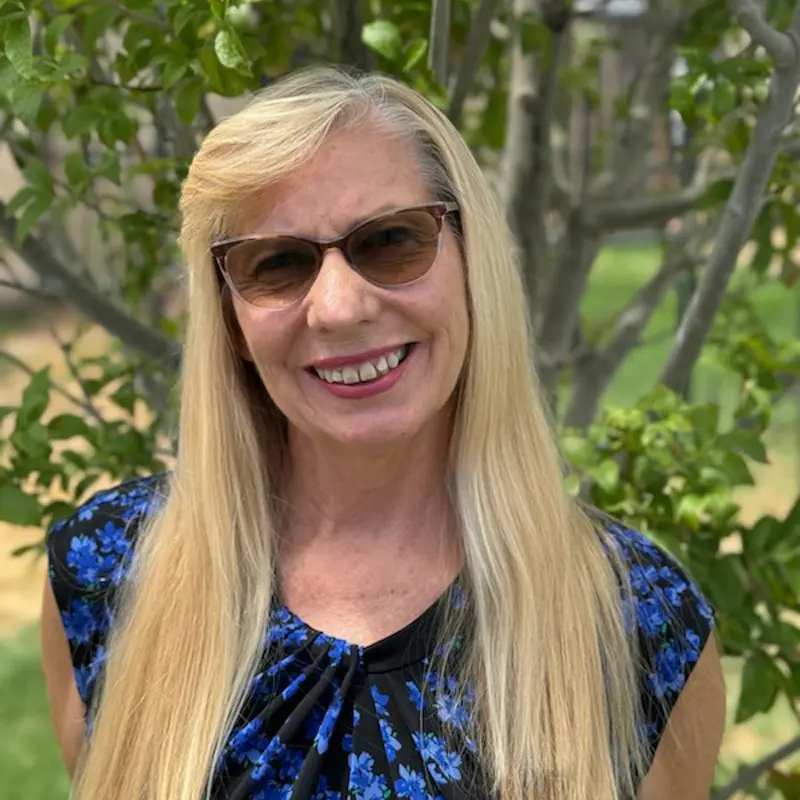Your Trusted Partner
ABA Therapy Services in North Carolina
Learn more about our ABA therapy services in North Carolina, and programs for In-Home ABA Therapy, In-Clinic ABA Therapy, Group Family Coaching & Parent Coaching.
Community Services In: Cary, Apex, Raleigh, Morrisville, Clayton, Cleveland, Selma, Smithfield, Benson, Winston Salem, Greensboro, Kernersville, High Point, Four Oaks, Wilmington & Wilson Mills.
Trusted. Reliable. Proven.
Why Choose Us?
Expertise: Our team of board-certified behavior analysts (BCBAs) and registered behavior technicians (RBTs) are highly qualified and experienced.
Convenience: We offer in-home therapy, providing comfort and familiarity for your child.
Personalized Approach: Each therapy plan is tailored to meet the unique needs of your child, ensuring the best possible outcomes.
Proven Success: Our methods are backed by decades of research and positive feedback from countless families.
Cardinal ABA: Personalized Therapy For
Your Child's Success in North Carolina
Welcome to Cardinal ABA, your trusted partner in providing exceptional ABA therapy North Carolina. We understand that every child is unique, and we’re committed to empowering families with personalized, effective care in the comfort of their own homes or our specialized clinics.
Our experienced team of Board Certified Behavior Analysts (BCBAs) and Registered Behavior Technicians (RBTs) are dedicated to helping your child thrive through evidence-based in-home ABA services and in-clinic ABA therapy, parent coaching, and group family coaching. We also offer specialized programs like SOAR Classroom Readiness and Academic Classroom Program to further support your child’s growth and development. Experience the difference with Cardinal ABA in North Carolina.
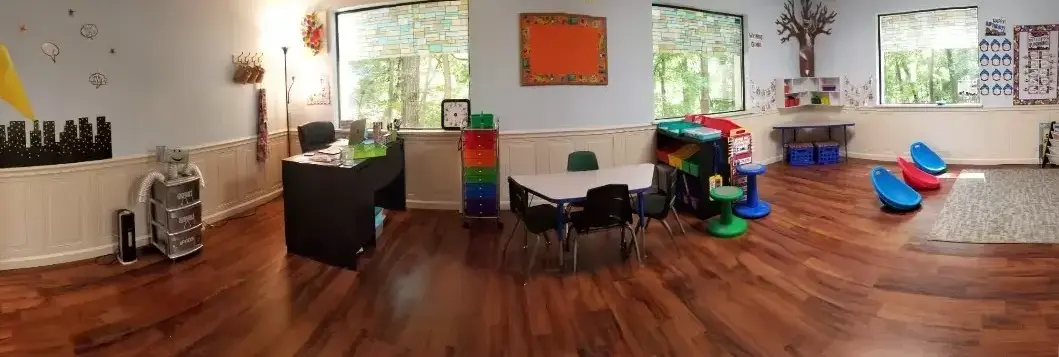
Structured Support, Proven Results
In-Clinic ABA Therapy
Empower your child for classroom success with in-clinic 1:1 group setting ABA therapy. Our specialized program focuses on developing essential skills and promoting independence. From communication and social interactions to self-regulation and academic readiness, we provide tailored interventions to enhance classroom preparedness.
Let our dedicated therapists support your child’s growth and help them thrive in their educational journey. This is only offered in North Carolina.
Healing at Home
In-Home Therapy
Applied behavior analysis (ABA) therapy has been considered the “gold standard” of treatment for children with autism for decades, and we’re proud to bring this service directly to you in North Carolina, thanks to individualized in-home ABA therapy! This service lets us see and treat your child on their terms, in a space they already trust, often leading to stronger connections earlier.

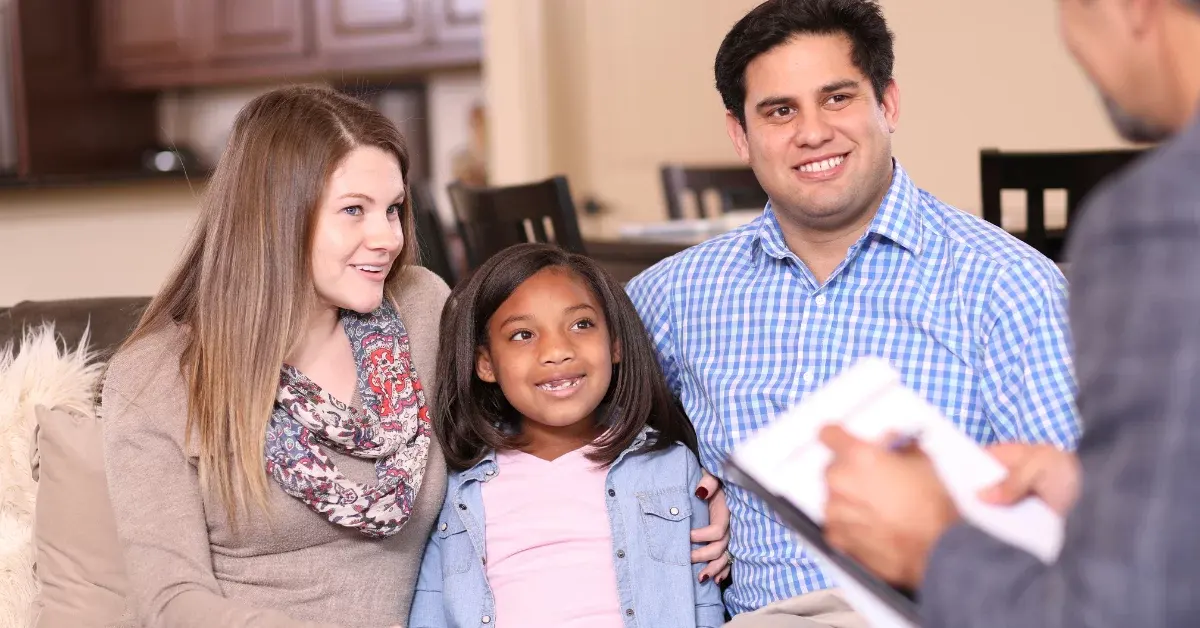
Skills for Confident Parenting
Parent Coaching
Building Stronger Families, Together
Group Family Coaching
Our Group Family Coaching program provides families with the necessary skills and strategies to support individuals with autism spectrum disorder or other developmental challenges. Through interactive sessions, Cardinal ABA’s experienced professionals empower families by equipping them with practical tools to enhance communication, promote positive behaviors, and foster meaningful connections. This service fosters a stronger and more resilient family unit, navigating the challenges of ASD with individualized care and comprehensive support.

Improving the Skills Needed
For Your family to thrive
Language & communication
Attention & Learning
Social Skills
Behavior Improvement
Daily Living Skills
Motor Skills
Play Skills
Academic Success
Your Questions About In-Home
ABA Therapy Answered
What is ABA Therapy?
ABA (Applied Behavior Analysis) therapy is a scientific approach to understanding behavior and how it is affected by the environment. It focuses on improving specific behaviors, such as social skills, communication, reading, and academics, as well as adaptive learning skills, such as fine motor dexterity, hygiene, grooming, and domestic capabilities.
How do I know if my child needs ABA therapy?
If your child has been diagnosed with autism spectrum disorder (ASD) or is showing signs of developmental delays, ABA therapy might be beneficial. An assessment by a qualified professional can determine if ABA therapy is appropriate for your child. Cardinal ABA offers comprehensive assessments tailored to the specific needs of children in North Carolina.
What qualifications do your therapists have?
Our therapists are Board Certified Behavior Analysts (BCBAs) and Registered Behavior Technicians (RBTs) with extensive training and experience in ABA therapy, adhering to North Carolina’s rigorous standards for ABA practitioners.
How long does ABA therapy last?
The duration of ABA therapy varies depending on the individual needs of the child. Some children may benefit from a few months of therapy, while others may need several years. The therapy plan is regularly reviewed and adjusted based on the child’s progress. Our team in North Carolina works collaboratively with families to develop individualized treatment plans that meet the unique needs of each child.
What are the costs associated with ABA therapy in North Carolina?
The cost of ABA therapy can vary based on the type of services provided, the length of therapy sessions, and whether the therapy is covered by insurance. We offer various payment options and can assist with insurance claims, guiding families through the process of accessing ABA therapy benefits in North Carolina.
How often will my child need to attend therapy sessions?
The frequency of therapy sessions depends on the individualized treatment plan. Some children may need daily sessions, while others may benefit from a few sessions per week. The treatment plan is tailored to meet the specific needs of each child.
Can ABA therapy be done remotely or online?
While in-person therapy is often the most effective, some aspects of ABA therapy and parent coaching can be conducted remotely or online, especially during times when in-person sessions are not possible.
What is the role of parents in ABA therapy?
Parents play a crucial role in ABA therapy. Parent training and involvement are essential components of our programs. We provide parents with the tools and strategies needed to support their child’s progress at home and in other settings, including navigating North Carolina’s educational system and accessing resources for children with autism.
How do you measure progress in ABA therapy?
Progress is measured through continuous data collection and analysis. Our therapists track specific behaviors and skills, and adjustments to the therapy plan are made based on this data to ensure effective treatment. We follow North Carolina’s guidelines and best practices for tracking and reporting progress in ABA therapy.
Is ABA therapy covered by insurance in North Carolina?
Many insurance plans in North Carolina cover ABA therapy, but coverage can vary. We can help you understand your insurance benefits and work with your provider to maximize coverage for ABA services. We have experience working with North Carolina-based insurance providers and understand the specific requirements for reimbursement in our state.
What should I expect during the initial assessment for ABA therapy in North Carolina?
During the initial assessment, our therapists will conduct a thorough evaluation of your child’s abilities, challenges, and needs, following North Carolina’s best practices for autism assessments. This may include observations, interviews, and standardized tests. The results will be used to develop a customized treatment plan tailored to your child’s individual needs and goals.
What is the difference between in-home and in-clinic ABA therapy in North Carolina?
In-home ABA therapy is conducted in the child’s natural environment, allowing for personalized support and flexibility. In-clinic ABA therapy, offered at our Cary location, offers a structured setting with access to specialized resources and equipment. Both approaches are designed to meet the unique needs of the child, and we can help you determine which option is best for your family in North Carolina.
How can I get started with ABA therapy for my child?
To get started, you can contact us to schedule an initial consultation. We will discuss your child’s needs, explain our services, and guide you through the next steps to begin therapy.
Are there any support services available for siblings and other family members?
Yes, we offer sibling support groups and family coaching programs to help family members understand and support their loved one with autism.
What kind of results can I expect from ABA therapy?
Results vary based on the individual child, but many children experience significant improvements in communication, social skills, academic performance, and behavior. Our goal is to help each child reach their fullest potential.
Questions? Get in Touch!
We're here to help


